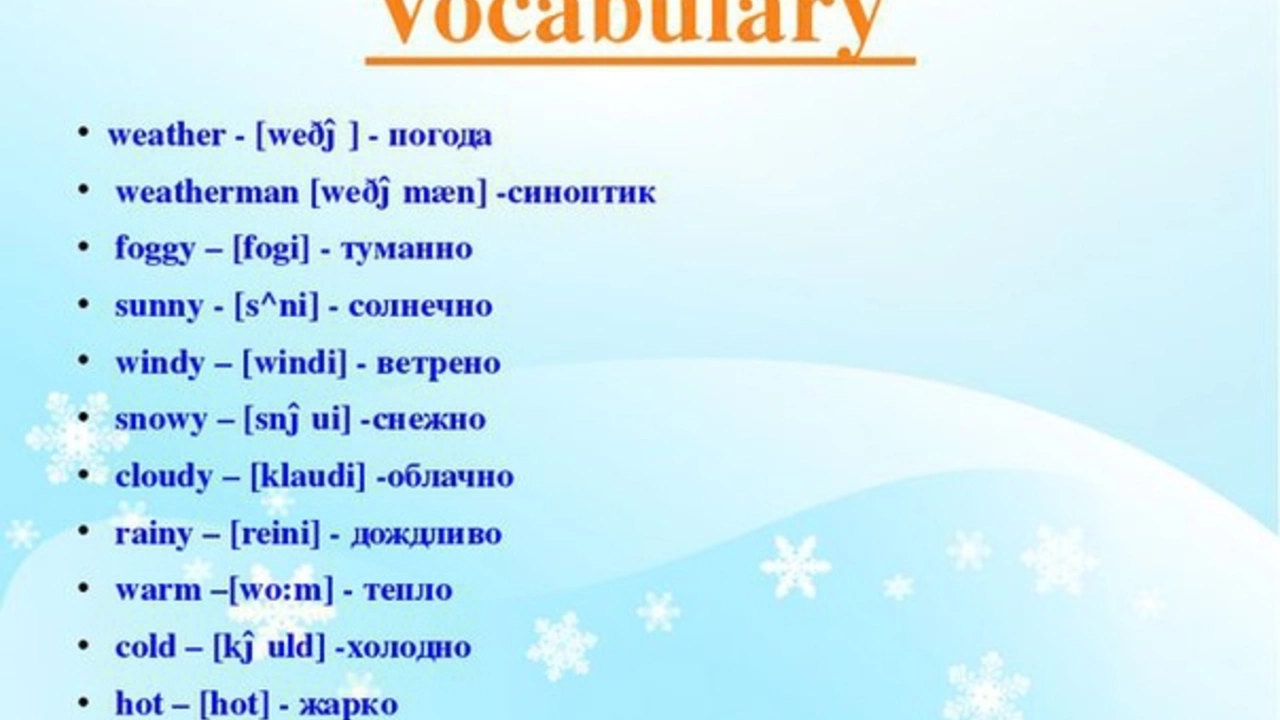Introduction: The Beekeeping Struggle in Maine
As a beekeeper, the choice of location for your apiary can greatly impact the success of your beekeeping business. I've been doing a significant amount of research and found out that Maine is not exactly the best place for beekeepers. Some might ask, "Why is that?" In this article, I will provide a detailed explanation of the challenges beekeepers face in Maine.
The Harsh Winter Climate
Maine is known for its long, harsh winters. The cold temperatures and heavy snowfall can make it hard for bee colonies to survive. Beekeepers in Maine have to provide supplemental food and warmth for their bees to help them make it through the winter. This not only involves additional work, but also additional costs, making beekeeping in Maine more challenging and costly than in milder climates.
Limited Forage for Bees
Maine's flora provides limited forage for bees. The state is dominated by coniferous forests that do not provide the variety of flowers that bees need for a healthy diet. This means that beekeepers must often supplement their bees' diet with sugar water or other feed, which can be costly and time-consuming.
Late Spring Blossoms
Because of the extended winter season, blossoms in Maine often don't appear until late spring. This delays the start of the honey season and shortens the time that bees have to collect nectar. As a result, honey production may be lower than in areas where blossoms appear earlier in the year.
Varroa Mite Infestations
Varroa mites are a common pest for beekeepers everywhere. However, the problem is especially severe in Maine due to the state's long winters. The mites can survive inside the hives during the cold months and multiply quickly when the weather warms up, causing significant damage to bee colonies.
Issues with Pesticides
Like many other states, Maine has a significant amount of agricultural activity. Unfortunately, this often involves the use of pesticides, which can be harmful to bees. Even though regulations are in place, pesticide exposure remains a serious concern for beekeepers in Maine.
High Transportation Costs
Due to the cold weather and limited local forage, many Maine beekeepers choose to transport their hives to warmer climates during the winter. This can add significant costs to their operations, making beekeeping less profitable in Maine compared to other states.
Problems with Bears and Other Wildlife
Maine's abundant wildlife can pose a threat to bee colonies. Bears, in particular, are known to raid hives for honey and beeswax. Protecting hives from bears and other wildlife can be difficult and costly for Maine beekeepers.
Strict State Regulations
Maine has strict regulations for beekeepers. These include mandatory inspections, registration requirements, and restrictions on the importation of bees. While these rules are intended to protect the health of bee colonies, they can create additional hurdles for beekeepers.
Conclusion: The Challenges of Beekeeping in Maine
While Maine certainly has its unique charm, it is not the most bee-friendly state. The harsh winters, limited forage, late spring blossoms, pest problems, pesticide issues, high transportation costs, wildlife threats and strict state regulations all make beekeeping a challenging endeavor in Maine. If you're considering beekeeping as a hobby or profession, it's essential to understand the challenges that you might face in different locations. Remember, your bees' welfare depends on it.
